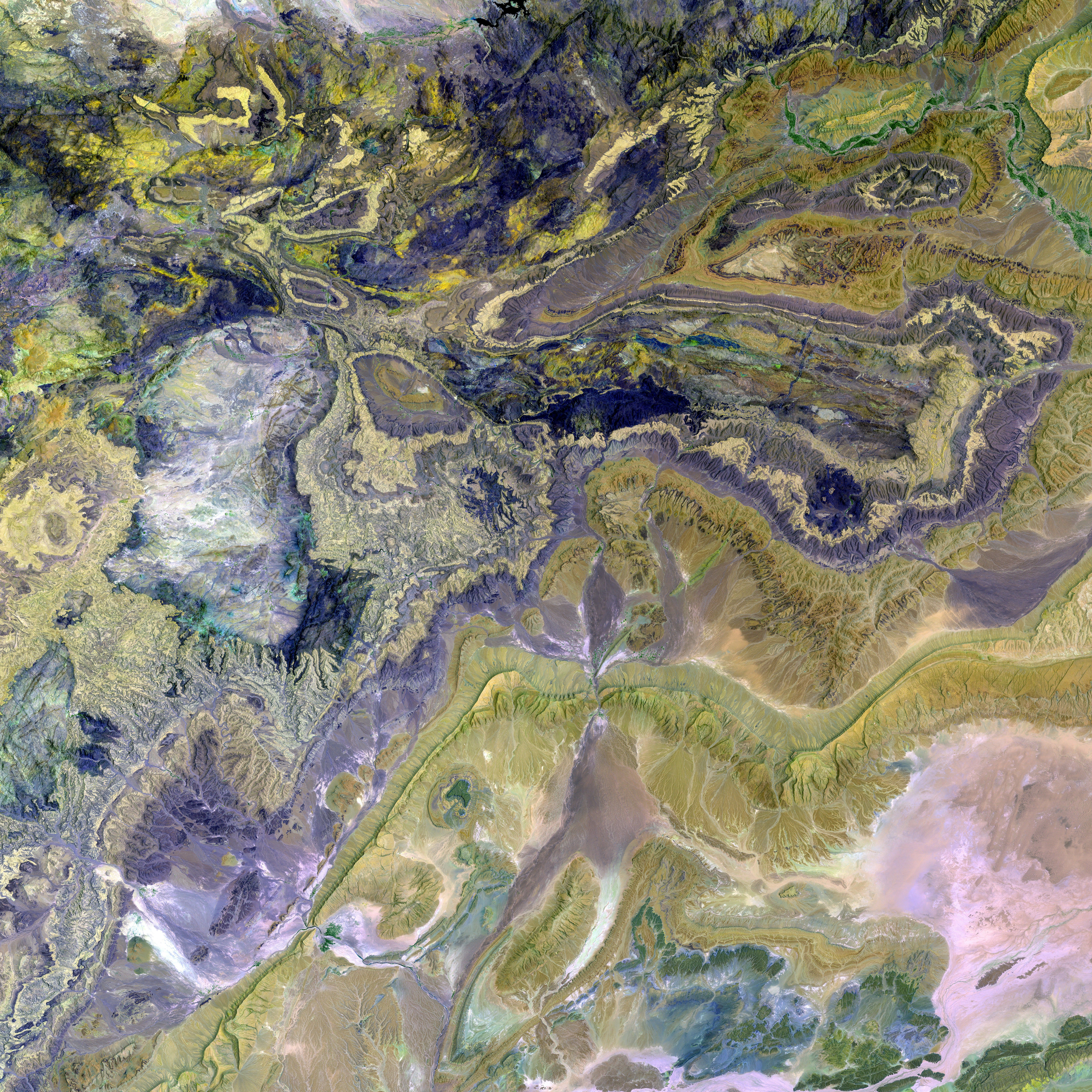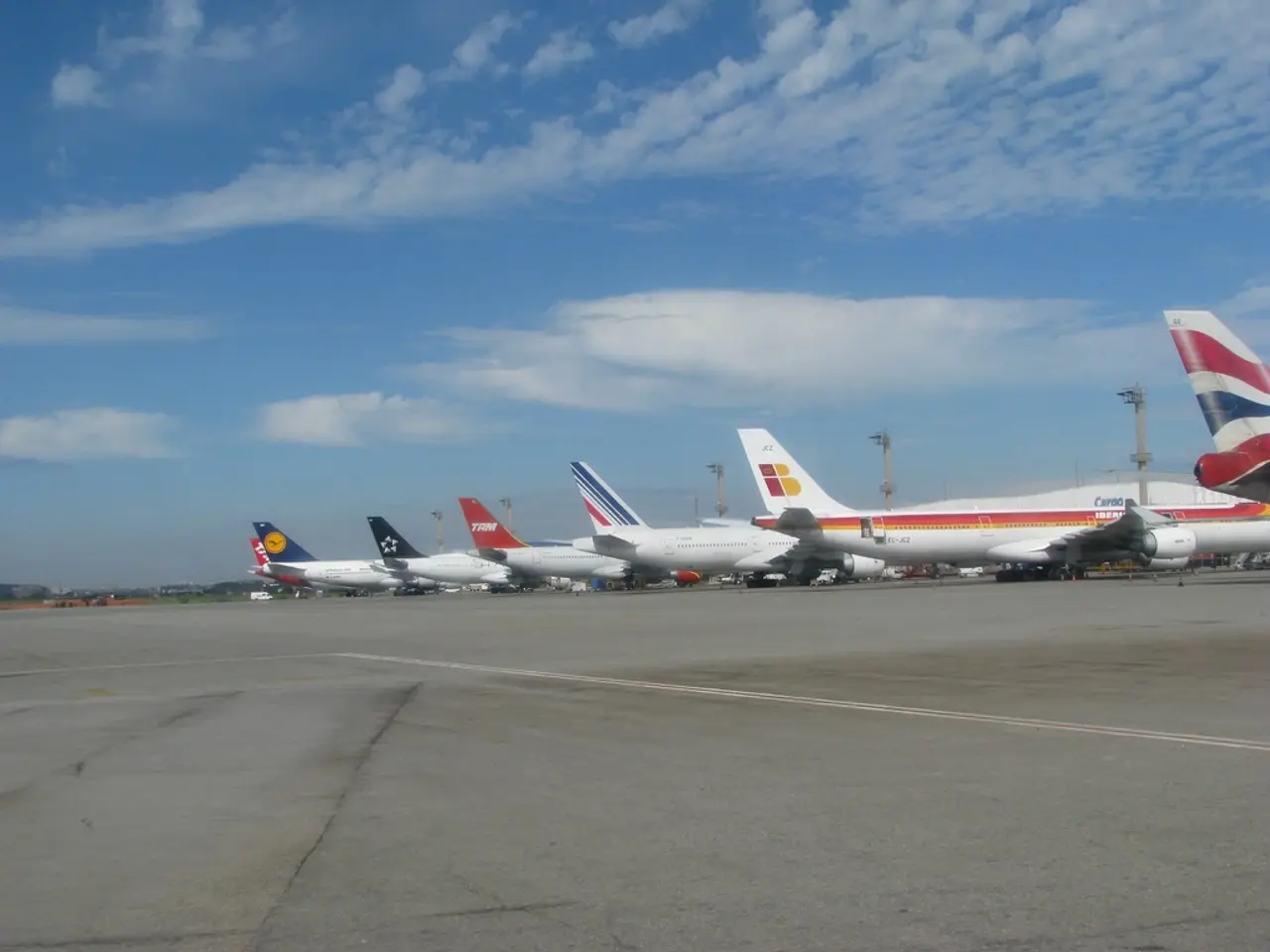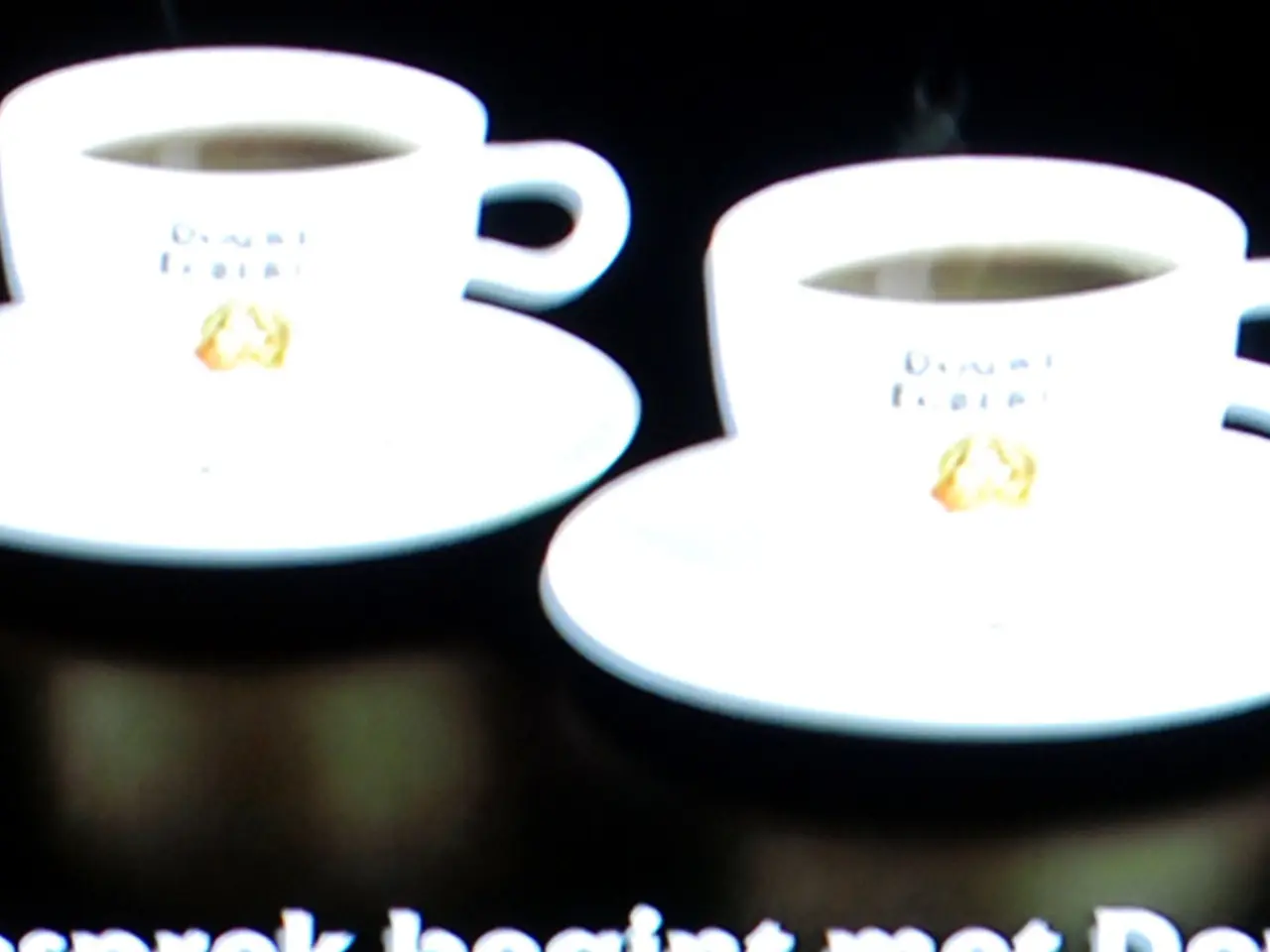Regulator Abandons Two-Year Probe into Microsoft's $68.7 Billion Takeover of Activision Blizzard
The Federal Trade Commission (FTC) has formally dropped its legal challenge against Microsoft's $68.7 billion acquisition of Activision Blizzard, bringing an end to a prolonged legal battle. This decision follows the FTC's defeat in the preliminary injunction to block the acquisition earlier in May, and the FTC's subsequent filing to dismiss the case against Microsoft. The agency stated that "the public interest is best served by dismissing the administrative litigation" in this matter [1][2].
The deal, which finalized in October 2023, had faced opposition in the United States despite being approved in most other countries, including the UK. The acquisition added Activision Blizzard's extensive library of popular games, such as Call of Duty, to Microsoft's portfolio, raising concerns about market concentration and competition [2][3][5]. Microsoft has made commitments to maintain competitive access to these titles, but there are ongoing worries about potential price hikes for subscription services like Xbox Game Pass [3].
Moreover, there have been concerns about studio independence and the implications of layoffs following the acquisition. The FTC and other consumer advocates have highlighted these issues as potential negative outcomes for both industry innovation and job security within the tech sector [3]. The FTC's decision to abandon the appeals process may send a message to other corporations, possibly indicating a reluctance or inability to challenge large tech mergers in the future [2][3][5].
Microsoft has expressed satisfaction with the FTC's decision, while consumer groups have called for increased oversight in the gaming industry to safeguard competition and protect consumers [2]. As a result of the acquisition, U.S. consumers may gain access to a wider variety of games, but could face potential risks related to market concentration, subscription pricing, and studio independence [3][5]. The long-term consequences of this deal for the gaming industry and consumers remain to be seen.
References:[1] Berk, S. L. (2023). Microsoft wins a significant victory in the fight to acquire Activision Blizzard. The Verge. https://www.theverge.com/2023/10/19/21734776/ftc-microsoft-activision-blizzard-acquisition-lawsuit-progress[2] Porter, I. (2023). Microsoft wins appeal on FTC objection to $69 billion Activision Blizzard deal. Reuters. https://www.reuters.com/business/legal/us-court-orthers-ftc-injunction-against-microsofts-activision-blizzard-deal-2023-05-12/[3] FTC drops case against Microsoft's $68.7 billion Activision Blizzard deal, signaling a victory for the tech giant. The Hill. (2025, May 22). https://thehill.com/policy/technology/611410-ftc-drops-case-against-microsofts-687-billion-activision-blizzard-deal[4] Halperin, C. (2023, October 19). FTC Greenlights Microsoft's $68.7 Billion Activision-Blizzard Deal, Pledging Oversight. Variety. https://variety.com/2023/gaming/news/ftc-microsoft-activision-blizzard-deal-approved-Antitrust-1235419975/[5] Orlowski, A. (2023). FTC finally confirms Microsoft's Activision buy won't hurt competition, and CMA agrees. Ars Technica. https://arstechnica.com/gaming/2023/10/ftc-confirms-microsofts-activision-deal-wont-hurt-competition-and-cma-agrees/
- The victory for Microsoft in acquiring Activision Blizzard, valued at $68.7 billion, moves forward, as the FTC has chosen to drop its legal challenge.
- This decision comes after the FTC's defeat in their preliminary injunction to block the acquisition and their subsequent filing to dismiss the case.
- The acquisition, which finalized in October 2023, has raised concerns about market concentration and competition, particularly around subscription services like Xbox Game Pass.
- The deal's long-term consequences for the gaming industry and consumers will be closely monitored, with ongoing worries about potential price hikes and studio independence.




